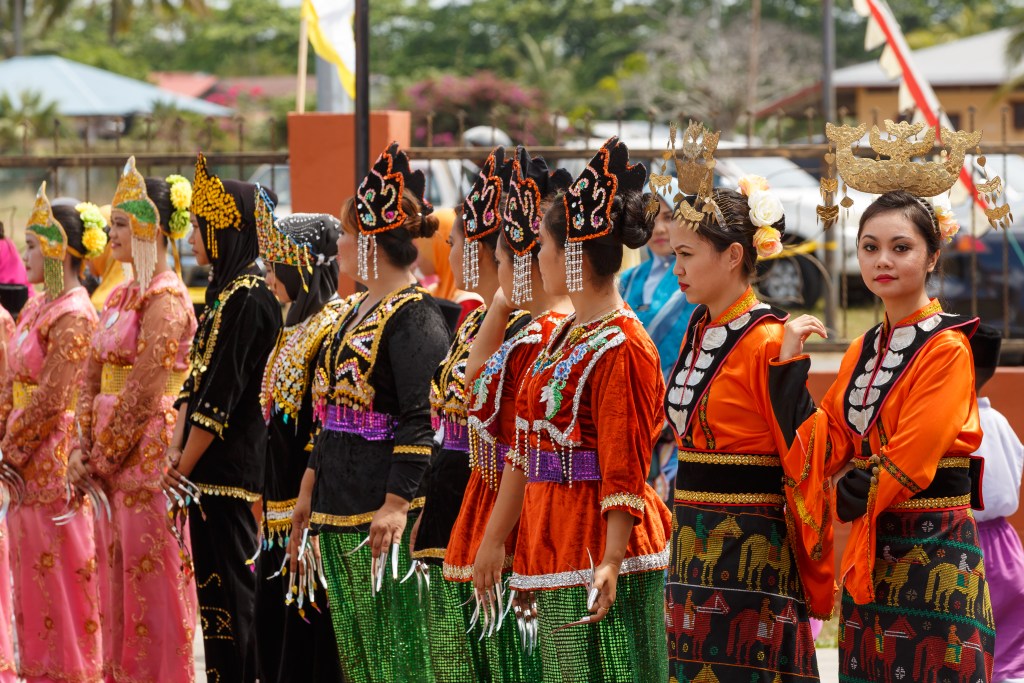Welcome to the first edition of the Language and internationalization newsletter by the Language team!
This newsletter provides you with quarterly updates on new feature development, improvements in various language-related technical projects and support work, community meetings, and ideas to get involved in contributing to the projects.
Key highlights
Machine translation (MinT) available for 202 language Wikipedias
MinT, a new machine translation service launched in June 2023 that supports several underserved languages, is now available for 202 language Wikipedias. This is a big deal because for some of these languages, it’s the first time they have a machine translation tool. It’s going to make the quality of translations much better. Some people in these communities have even said that translations with MinT are better than those from Google Translate and suggested setting it as their default translation tool.[1]

Over 67,000 translations were made across all Wikipedias in last quarter
In the last quarter (July–September 2023), the Content Translation tool recorded over 67,000 translations [2] across all Wikipedias, with the highest number of translations occurring on Spanish language. The Content Translation tool has achieved 1.83 million translations since its launch. On the other hand, the section translation feature on Korean Wikipedia saw 471 translations in July, which is a significant increase compared to the initial months after its launch in May 2022, when there were less than 50 translations per month. This demonstrates the varying levels of activity and the time needed for feature adoption.
Enhancements to language tools: parsoid integration, service updates and more
Content Translation can now directly communicate with Parsoid without making network API requests. Parsoid is a service that changes how Wikipedia’s language (Wikitext) looks into a more common web language (HTML) and the other way around. This change is intended to make translating content faster.
Content Translation and Section Translation tools also now have better support for translating content – the ability to restore drafts of translations in different web browser sessions, a progress bar to communicate the amount of content translated, continue translations from a different language, etc.
Content Translation system used a machine translation service called Youdao for a long time. It is now being discontinued as hardly anyone was using it, and other similar services are available. This will help save time and effort in maintaining it. However, other machine translation services are still available for the same languages.
A new version of the MediaWiki Language Extension Bundle, a curated set of MediaWiki extensions offering multilingual features, was released. For a complete list of updates made to these extensions, see the release notes for version 2023.04.
Insights from a user study on translatable pages
Translatable pages, a MediaWiki feature, allows editors to mark wiki pages so they can be translated into different languages. You can also create new wiki pages in various languages using this feature. But here’s the thing: it’s a bit tricky to use, and it’s mainly designed for advanced users who really know their way around the system.
The Translate extension is wonderful and with all its flaws, I still love it
David
Recently, design researchers in the Language team conducted a study to find out what problems people face when they try to use this feature. The metric they were interested in was how to increase the number of people who are successful at creating and updating translatable pages, and improving ease for those with less technical knowledge. You can find a summary of what they discovered in this research report.
Our highest good is making sure that weʼre making really good use of translatorsʼ time.
Alice
Empowering speakers of an indigenous language from Malaysia
Language technical support for West Coast Bajau, an indigenous language from Malaysia was recently added in MediaWiki. This means that people who speak this indigenous language can now help translate the software and content on different Wikimedia websites into their language.
Community meetings and events
- The first language community meeting is scheduled for Friday, November 17th 2023, 16:00 to 17:00 (UTC). If you want to join this meeting, you can sign up by clicking on the provided link.
- Santhosh gave a talk at the 10th Workshop on Asian Translation. He talked about how machine translation should be for everyone, free to use, and available in many different languages.
Get involved
- If you are looking for technical tasks, take a look at the easy tasks that haven’t been assigned yet in various language project repositories on Wikimedia Phabricator.
- If you’re looking for tools to edit and translate articles and interface messages, you can use Content Translation and Special:Translate tool on Translatewiki.net. These tools make it easier to work with content in different languages.
- Report feedback on talk pages of language tools.
Stay tuned for the next release! You can subscribe to this newsletter.
References
- MinT: Supporting underserved languages with open machine translation
- https://superset.wikimedia.org/superset/dashboard/p/yxXBlewrG8R/ (can be accessed with a Wikimedia Developer account)

Can you help us translate this article?
In order for this article to reach as many people as possible we would like your help. Can you translate this article to get the message out?
Start translation
